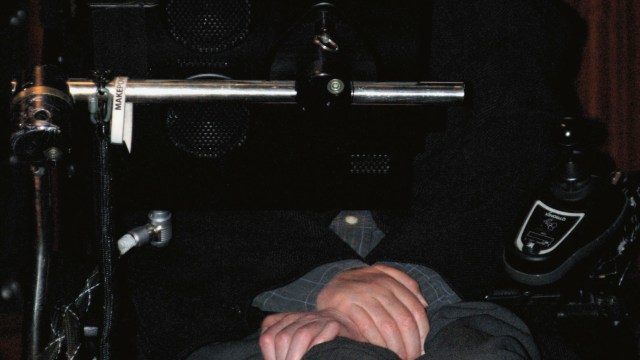Is Space-Time an Elaborate Illusion?

What’s the Latest Development?
As a child, George Musser was consistently impressed with his father’s ability to pack seemingly endless amounts of vacation supplies into the family’s suitcases. While becoming a science writer, he learned there is a limit, a rather strict one set by physical laws. If matter becomes too dense, it collapses into a black hole. Through study of these peculiar phenomena and through a more recent advance in string theory, many scientists are beginning to wonder if our concept of space is but an elaborate illusion propagated by what we see as laws of physics, but which are in fact the surface-level result of a much more complex reality.
What’s the Big Idea?
The World Science Festival to be held this summer at New York University will tackle many of the contemporary questions facing researchers. Among them, the idea that the universe as we know it—vast amounts of space sprinkled with matter—is a hologram, a by product of what the universe actually is, currently something beyond both our detection and comprehension. The festival asks: “What we touch. What we smell. What we feel. They’re all part of our reality. But what if life as we know it reflects only one side of the full story?”





